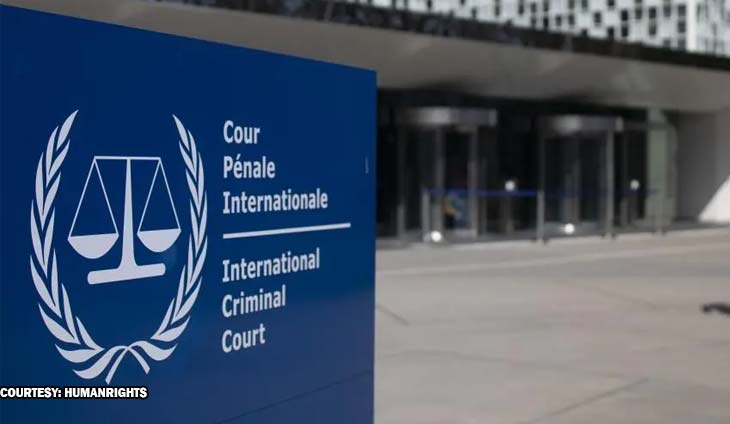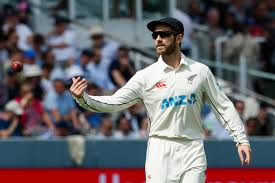The Role of the ICC in International Cricket

Introduction
The International Cricket Council (ICC) plays a pivotal role in the governance and regulation of cricket across the globe. Established in 1909, the ICC has grown to become a crucial body overseeing international matches, setting the rules of the game, and facilitating competitions such as the Cricket World Cup. As cricket gains popularity worldwide, understanding the ICC’s functions and contributions to the sport is essential.
ICC’s Structure and Function
The ICC is headquartered in Dubai, United Arab Emirates, and consists of 108 member nations, categorized into Full Members, Associate Members, and Affiliate Members. The Full Members are Test-playing nations, while Associate Members include teams that have qualified for ODI and T20 formats. The ICC’s primary responsibilities include organizing major tournaments, establishing international playing conditions, and ensuring fair play. Additionally, the council engages in promoting cricket development globally, helping lesser-known nations with resources and training.
Recent Developments in ICC
As of October 2023, the ICC has made headlines with the success of the ICC Men’s Cricket World Cup 2023, hosted in India. The tournament attracted global viewership, exceeding 1.5 billion viewers, demonstrating the sport’s growing appeal. Countries like Afghanistan and the Netherlands also showcased impressive performances, highlighting the increasing competitiveness within the sport. The ICC also announced the expansion of the T20 World Cup in 2024 to include more teams, a move aimed at enhancing diversity and growth in cricket.
Future Directions and Challenges
The ICC understands that the future of cricket lies in expanding its reach to emerging markets. Nations in Africa and the Americas present significant growth opportunities, with grassroots initiatives underway to cultivate local talent and infrastructure. However, the ICC faces several challenges, including addressing issues of match-fixing and ensuring equitable opportunities among member nations.
Conclusion
The ICC continues to evolve as a crucial governing body in the world of cricket, influencing the game’s future through innovations and policies. The ongoing commitment to international collaboration will be vital in sustaining cricket’s growth and enhancing its appeal around the world. With increased participation from emerging nations, the landscape of international cricket is set for dynamic changes, making it an exciting time for players and fans alike.









